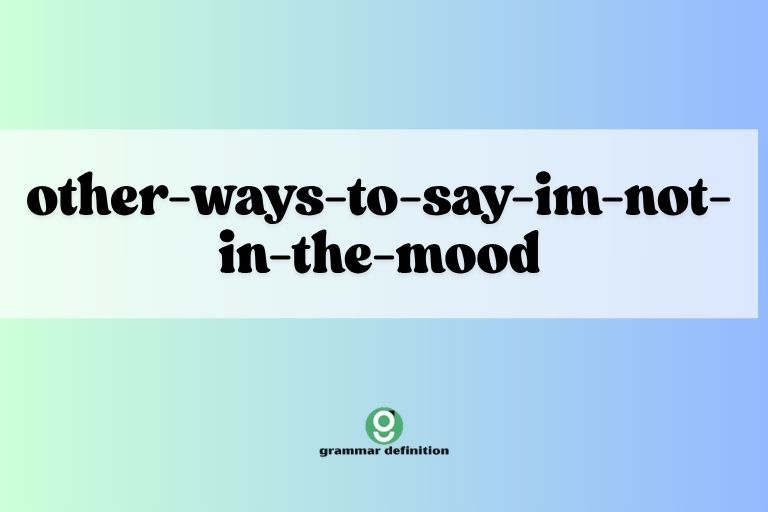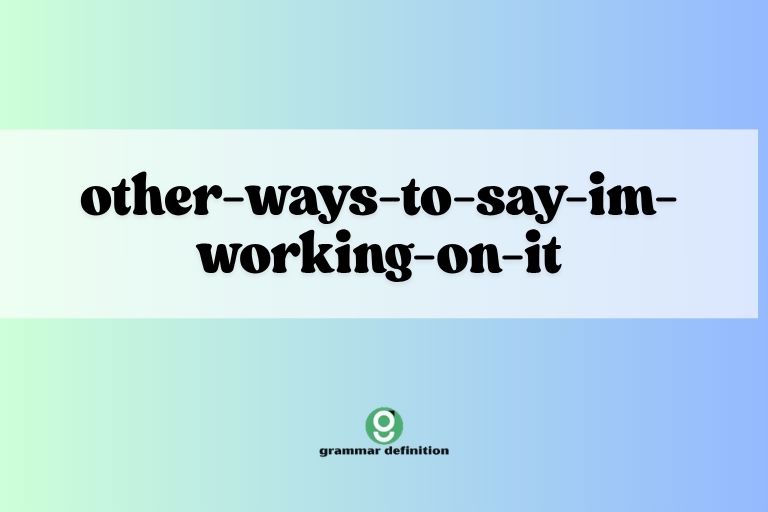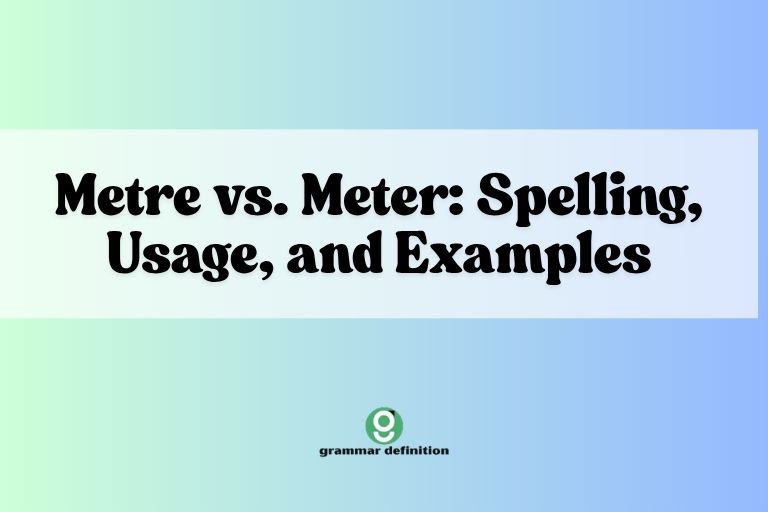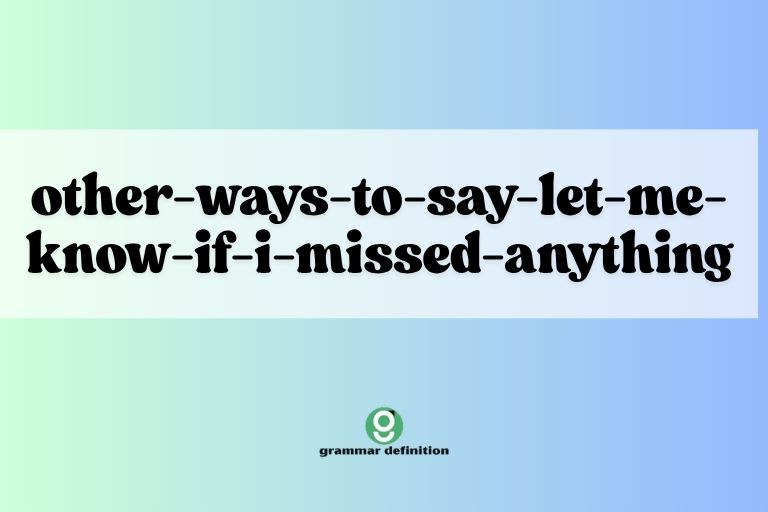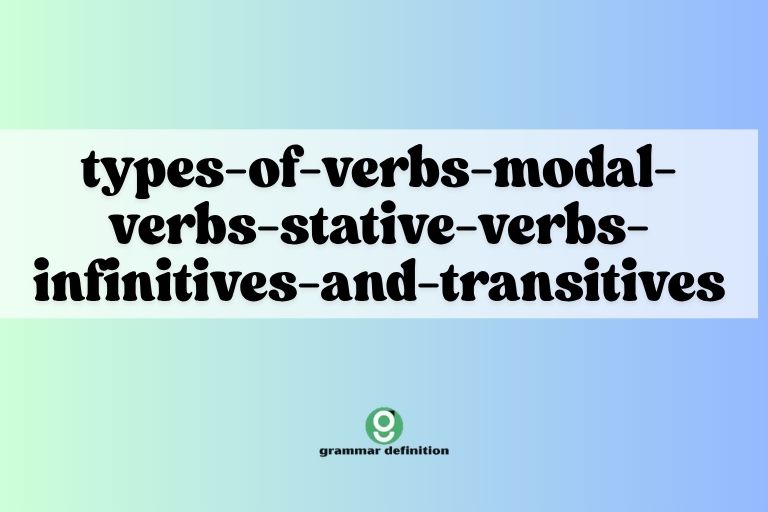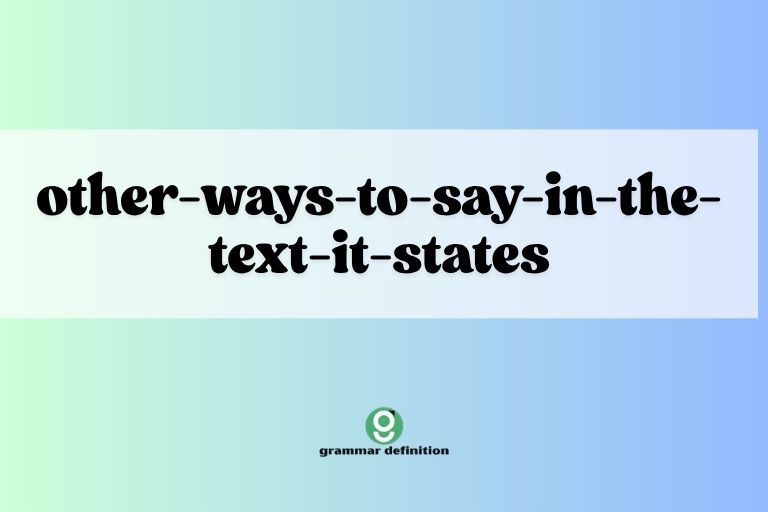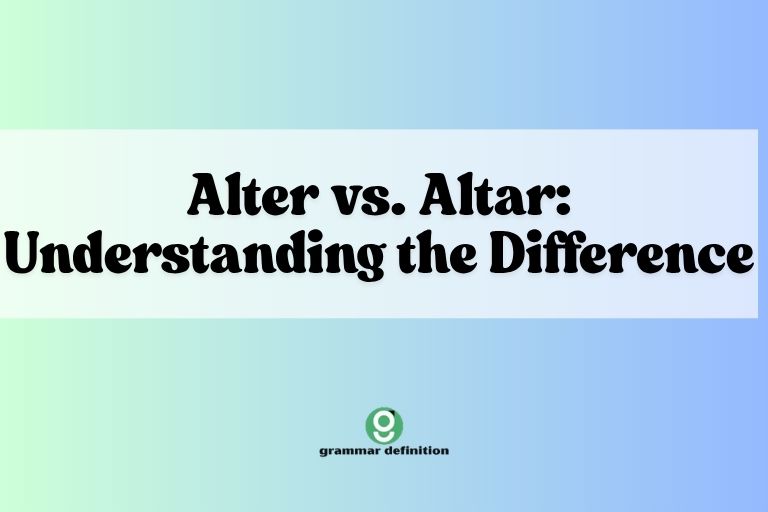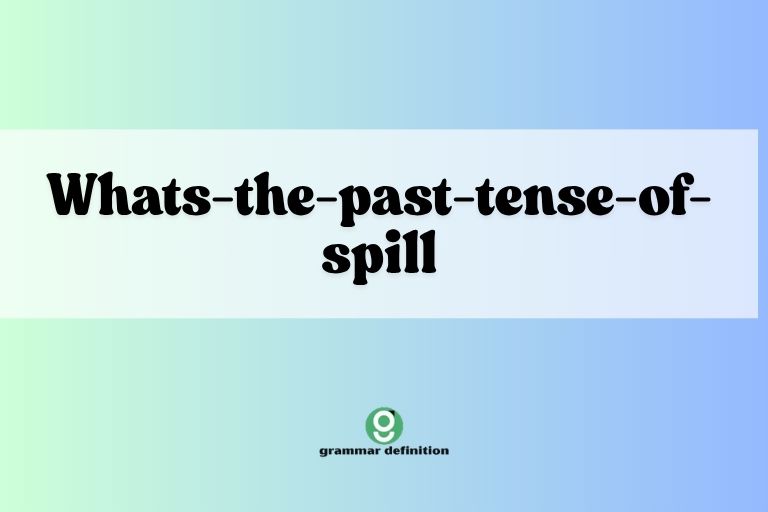Other Ways to Say “Power Trip”: Expanding Your English Vocabulary
Understanding the nuances of language is crucial for effective communication. The term “power trip” often carries a negative connotation, describing someone abusing their authority. However, English offers a rich array of alternative expressions that can convey similar meanings with varying degrees of intensity and formality. This article explores numerous ways to say “power trip,” providing … Read more


